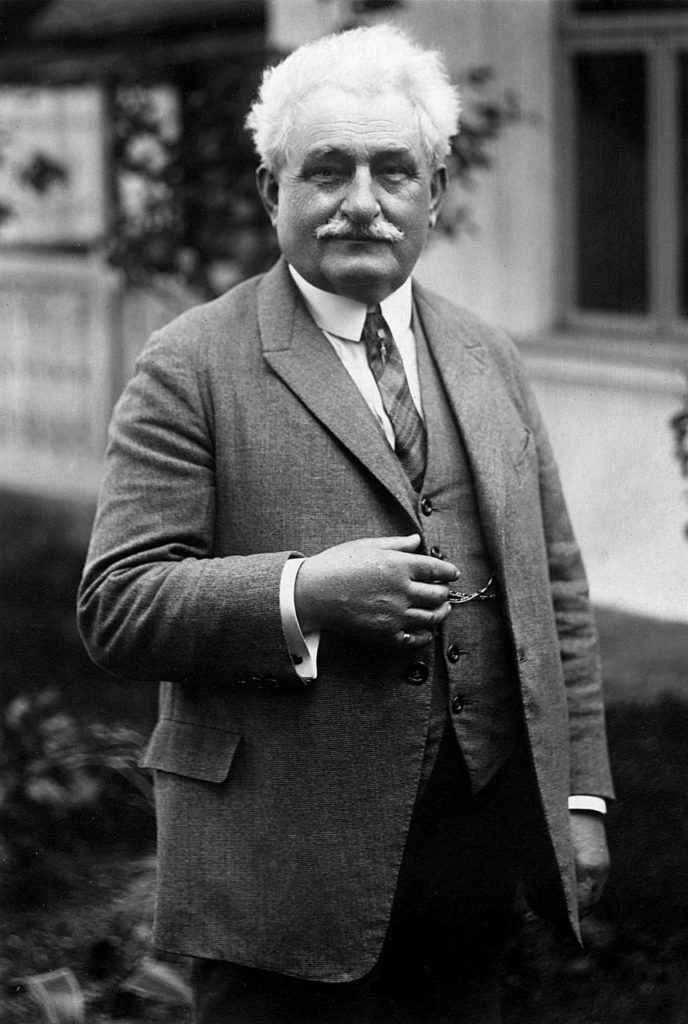I am well aware that today is July 4 and that, perhaps, the patriotic thing for me to do today would be to celebrate the national anthem of the United States – The Star-Spangled Banner – and, perhaps, a famous arrangement of that very anthem. Sadly, no-can-do, because it has already-been-done: just last year, in Music History Monday for July 4, 2022, and Dr. Bob Prescribes for July 5, 2022. Those posts – respectively entitled “As American as tarte aux pommes! Celebrating the Fourth with some Real American Music! or Tampering with National Property” and “Stravinsky in America” – together recount the story of The Star-Spangled Banner as well as Igor Stravinsky’s famous and most controversial arrangement of the anthem, made in 1944 and subsequently banned in Boston!

I would humbly direct your attention to these two posts for appropriately “spangled” reading.
As for today, we pick up where we left off in yesterday’s Music History Monday, with the Czech composer Leoš Janáček and his two superb string quartets: No. 1, subtitled “The Kreutzer Sonata” and No. 2, subtitled “Intimate Letters.”
Leoš Janáček(1854-1928)
Our impressions of Leoš Janáček tend to be conditioned by photographs taken of him later in life. They depict a short, pudgy, grandfatherly dude who appears to be as cuddly as a teddy bear.

The teddy bear-thing is, in fact, an inaccurate impression. Janáček was, in fact, testy, passionate, emotional, and no small bit combative. Think, instead, Ewok.

Leoš Janáček was born in the Moravian (Czech Republic) village of Hukvaldy on July 3, 1854, the ninth child (of an eventual 14 children!) of a poor village schoolmaster and choirmaster named Jiří Janáček. At the age of 11 Leoš was sent to the Moravian city of Brno (a berg that certainly could have used another vowel in its name) to be trained as a choirboy. He was enrolled at the Queen’s Monastery School, which boasted a first-rate conservatory of music. Aside from singing, Leoš studied organ and piano. Having completed his education at the age of 18, Janáček was appointed as a teacher and deputy choirmaster there in Brno. He started composing at the age of 21, and his earliest pieces are an inspiration for all of us – they absolutely suck (pardon me): a bunch simplistic, awkwardly amateuristic, folk-inspired choral works composed for the various amateur choral societies he conducted.
Realizing that, in fact, he didn’t know much about composing and that “Brno” was never likely to pick up another vowel, the young Janáček decided that what he required was some German educational polish. So as discussed in yesterday’s Music History Monday post, he scraped together some cash and in 1879, at the age of 25, he set out to study in the two most important musical cities in the German speaking world: Leipzig and Vienna.
Janáček had bad experiences at schools in both cities, experiences that fed his anti-Austrian, anti-German, and pro-Czech nationalism like chum feeds a shark.…
Continue reading, and see the prescribed recording, only on Patreon!
